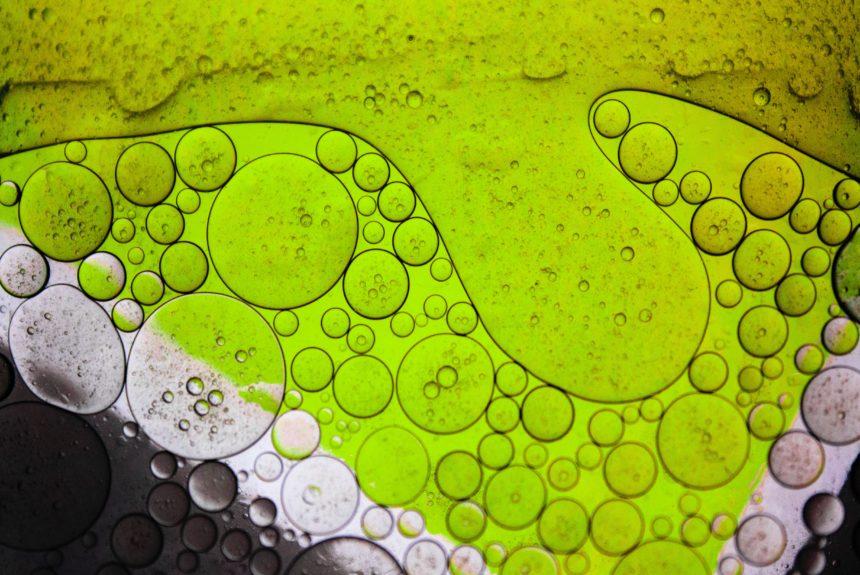Alina Dizik of The Wall Street Journal reports on algae-based cooking oil.

- Innovative companies are introducing cooking oil made from microscopic algae, offering a potentially healthier and more sustainable alternative to traditional cooking oils.
- Algae-based cooking oil boasts impressive nutritional benefits, including lower saturated fat content than olive oil, higher monounsaturated fats, and a high smoke point for stable high-heat cooking.
- The production process for algae oil is efficient, with some algae naturally containing up to 30% oil by cell weight, and the ability to increase this to 80% through controlled fermentation.
- While currently a niche product with some production cost challenges, algae oil shows promise for reducing land use and water consumption compared to conventional agriculture, potentially offering significant sustainability benefits as the industry scales up.
“Expanding algae as a cooking-oil ingredient seems promising despite the energy required to heat up fermentation tanks, says Stanford University sustainability professor Steven Davis, who studies agricultural emissions. Fermenting algae is likely to use less water than traditional agriculture while limiting CO2 emissions and the need for fertilizers, he says. Algae can also flourish in many different types of environments, Davis adds. ‘If we can reduce the demand for conventional land-based oils, that could be a big win.'”
Read the full article here.
The views and opinions expressed are those of the author’s and do not necessarily reflect the official policy or position of C3.
